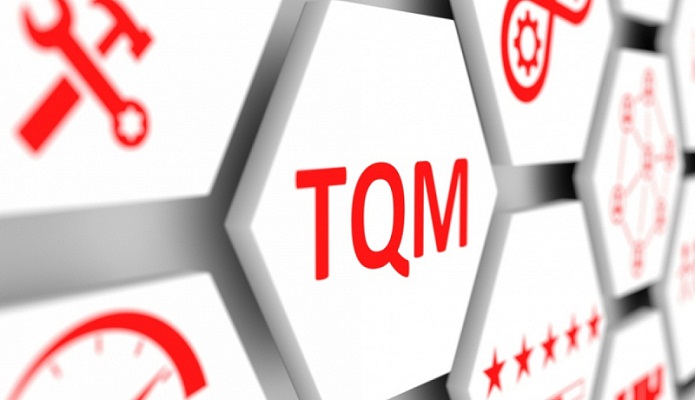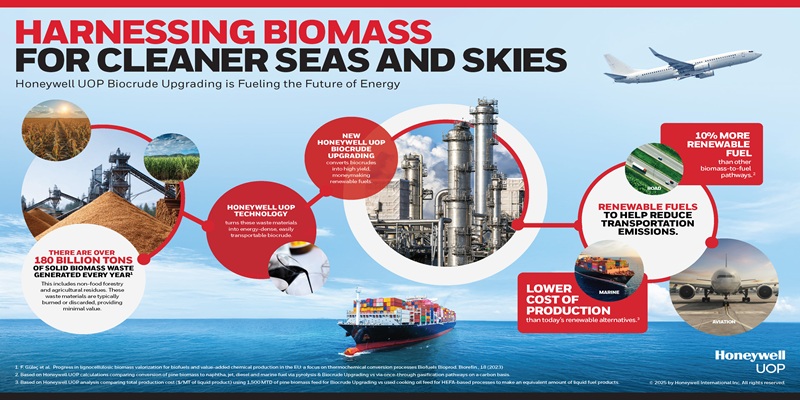Schedule a Call Back
Is TQM totally practiced in Indian industry?
 Articles
Articles- Dec 20,22

Related Stories

Pralhad Joshi Highlights India’s Economic Growth & BIS’s Role in Global Standards
Government harmonizing QCOs for certification to curb substandard goods. Pralhad Joshi highlights India’s growth, BIS's role in standards, and key initiatives.
Read more
India’s petrochemical economy: Opportunities for manufacturing industry growth
With supportive government policies and robust market demand, the Indian petrochemical industry has the potential to emerge as a pillar of industrial self-reliance, write R Jayaraman and T C R Amon.
Read more
Tata Steel Faces Rs 24.11-Bn Demand from Odisha Authorities
This follows a previous demand of Rs 19.02 billion for the fourth year, which Tata Steel is already contesting in the Orissa High Court.
Read moreRelated Products

Automotive Oil Pump
Kalpak Auto Pvt Ltd offers a wide range of
automotive oil pump.
Tata Motors unveils facilities for development of Hydrogen propulsion tech
Tata Motors, India?s largest automobile company, unveiled two state-of-the-art & new-age R&D facilities for meeting its mission of offering sustainable mobility solutions. The unveilings constitute of Read more
Tata Motors plans petrol powertrain for Harrier and Safari SUVs
Tata Motors is in the process of developing a new petrol powertrain for its premium sports utility vehicles, the Harrier and Safari, as confirmed by a senior company official. Currently, these models Read more
















